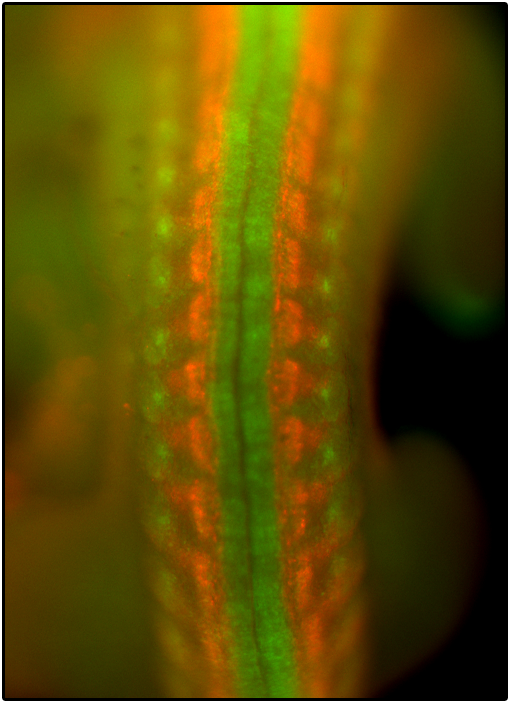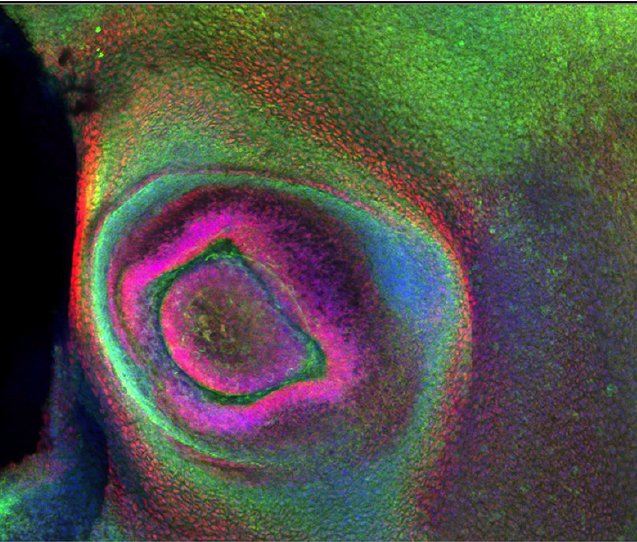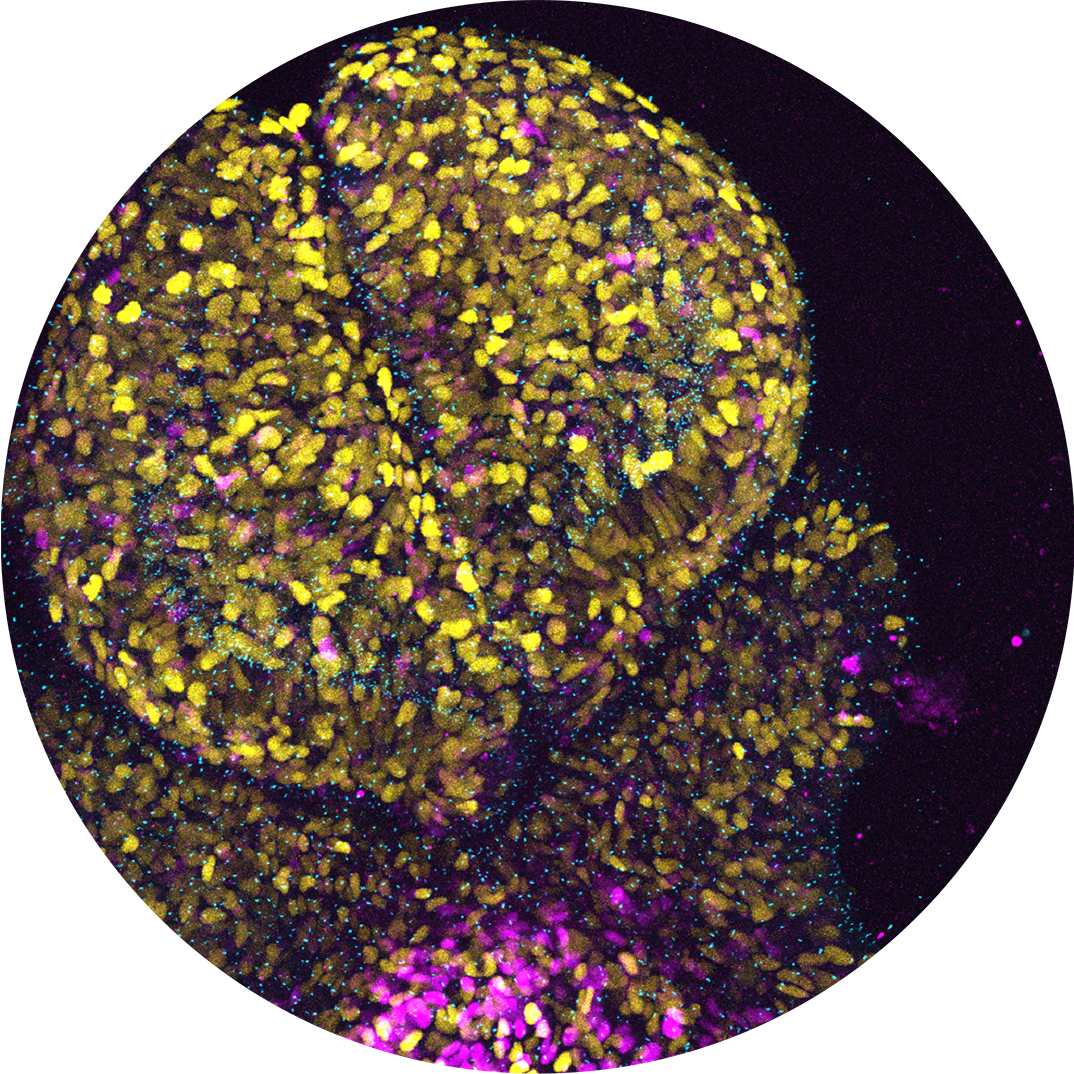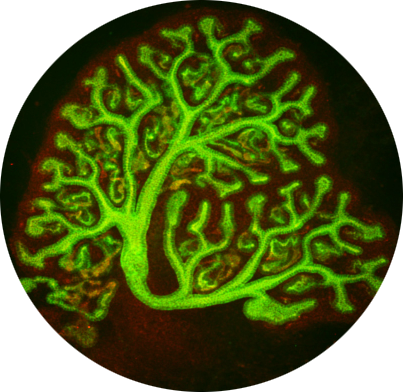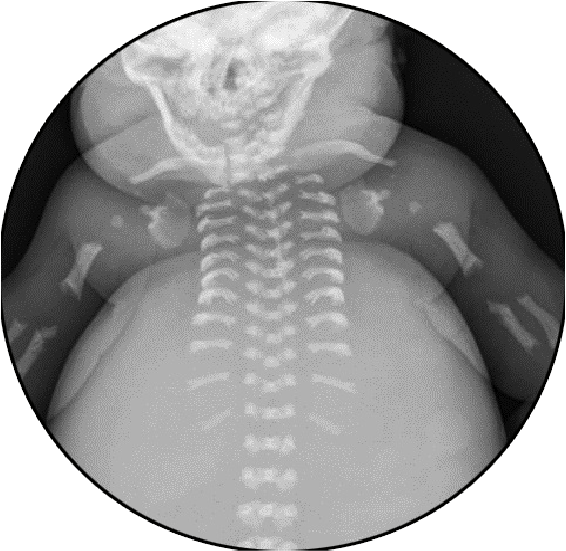We are thrilled to announce our exciting MRC UK National Mouse Genetics Network cluster award 'Congenital anomalies- patient led functional genomics'
MRC National Mouse Genetics Network marks a major new £22 million investment in mouse genetics for modelling human disease that will capitalise on the UK’s international excellence in the biomedical sciences. The Network is comprised of 7 challenge-led research clusters, of which Mill lab is part of one, bringing together members from across the UK. The partnerships established by the Network will enable integration of basic science research with clinical findings in order to accelerate our understanding of human disease and translation to patient benefit.
CONGENITAL ANOMALIES: Approximately one in 20 babies are born with birth defects, also known as congenital anomalies. Of the 8 million newborns affected each year, 300,000 die within their first four weeks of life. With recent advances in sequencing technology, identification of possibly disease-causing changes in the genetic code of these infants has been accelerated. However, it still remains a major challenge to prove which of these genetic variants cause these malformations as well as to establish the cellular mechanisms by which these changes disrupt normal development.
Dr Pleasantine Mill will co-lead a team within the Congenital Anomalies cluster which is spearheaded by Professor Karen Liu (King’s College London) to tackle this challenge along with Professor Deborah Henderson (University of Newcastle), Dr Steve Twigg (WIMM, University of Oxford) and Professor Nick Greene (University College London, ICH). The cluster is receiving around £3.7 million of MRC investment which aims to generate and characterise new mouse models of human congenital disorders in collaboration with the Mary Lyon Centre. The cluster will bring together diverse expertise from across the country to understand disease mechanisms and use these mice as pre-clinical models to identify potential therapies.
Digging deep into syndromic congenital anomalies across developmental windows, Pleasantine’s cluster is looking to build stronger ties with human clinical genetics teams across the UK to prioritize which clinically relevant models should be generated and taken for deep phenotyping, with the goal of developing preclinical models for therapeutics.
The cluster will also develop national community-led programmes to better align mouse genetics and developmental biology with human congenital anomalies, including improving the symmetry of human and mouse pathology in order to maximize the clinical relevance of mice as models of human disease. With this programme of work, this cluster ultimately hopes to provide improved diagnoses and prognoses for patients with congenital anomalies.
Our cluster aims to make precisely engineered mouse models of gene variants identified in patients in order to understand how they lead to disease, often through effects on multiple organ systems. Many of these disease genes play many roles in different tissues across development. They control complex interactions between different cell and tissue types - these are difficult to study in humans or even stem cell ‘disease-in-a dish’ models. Mouse models are really important to help us understand how these genetic changes lead to malformations and syndromic disorders at birth.
Dr Pleasantine Mill, Congenital Anomalies cluster team
Read more on our Congenital anomalies cluster page here: https://nmgn.mrc.ukri.org/clusters/congenital-anomalies/.
Read more about the MRC Human Genetics Unit and the MRC National Mouse Genetics Network bringing great innovation for mosue genetics to Scotland here: https://www.ed.ac.uk/mrc-human-genetics-unit/news-and-events/latest-news/mrc-national-mouse-genetics-network
